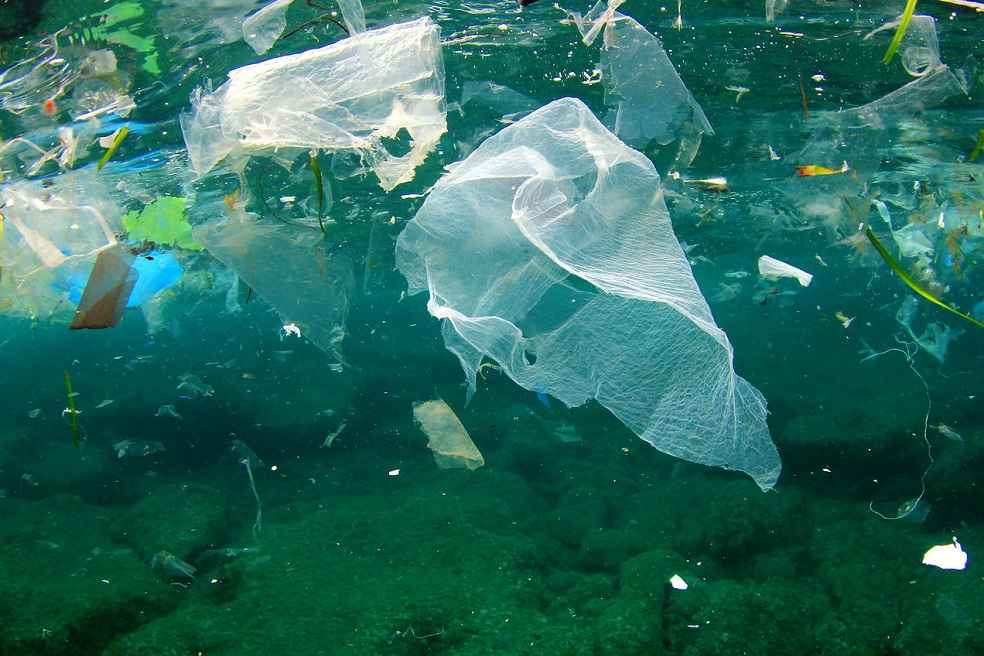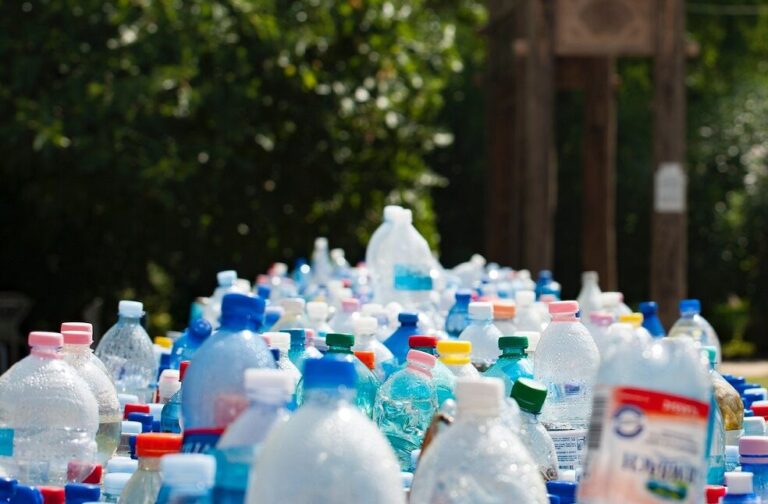Kenya: A report by the UN Environment Programme (UNEP) has suggested that global plastic pollution can be reduced by 80 percent by 2040 through practical and affordable changes.
According to the report, the initial step is to eliminate unnecessary plastic, including excessive packaging, followed by increasing the reuse of plastics, boosting recycling, and replacing plastics with environmentally friendly alternatives. Such changes, backed by government policies and plastic industry reforms, could reduce plastic pollution to 40 million metric tonnes by 2040.
If no action is taken, the figure is expected to be 227 million metric tonnes. The report highlights the potential benefits of this shift, worth trillions of dollars, including reductions in damage to health, climate, and the environment.

“The way we produce, use, and dispose of plastics is polluting ecosystems, creating risks for human health, and destabilising the climate,” Ms. Inger Andersen, UNEP’s Executive Director, stated.
The report estimated that the increased reuse of plastics could reduce 30 percent of plastic pollution by 2040, with measures including deposit-return schemes for containers. Such a scheme is due to start in England in 2025, seven years after it was first announced. More recycling would cut pollution in 2040 by a further 20 percent, the report further noted.
According to the authors, the careful replacement of plastic products, such as takeaway food containers, with alternative materials such as paper or compostable materials could cut pollution by another 17 percent by 2040.

The UN report estimated that over the next 20 years, cutting plastic pollution by 80 percent would prevent damage valued at more than $3 trillion, including impacts on health, climate, air pollution, the ocean environment, and legal costs for cases brought against plastic companies.
Ms. Andersen remarked that the report was intended to inform the countries negotiating for a global plastic treaty of the options available. The Executive Director noted that “there is a lot of determination from so many sides: north, west, east, and south. Ending plastic pollution is a thing that people want, as it is a problem wherever you are.”
“There will still be a need for plastic. But we need to rethink where we’re using it and how we’re using it, so that much more of it [is reused and recycled] and a lot less is merely single-use,” Ms. Anderson added.



